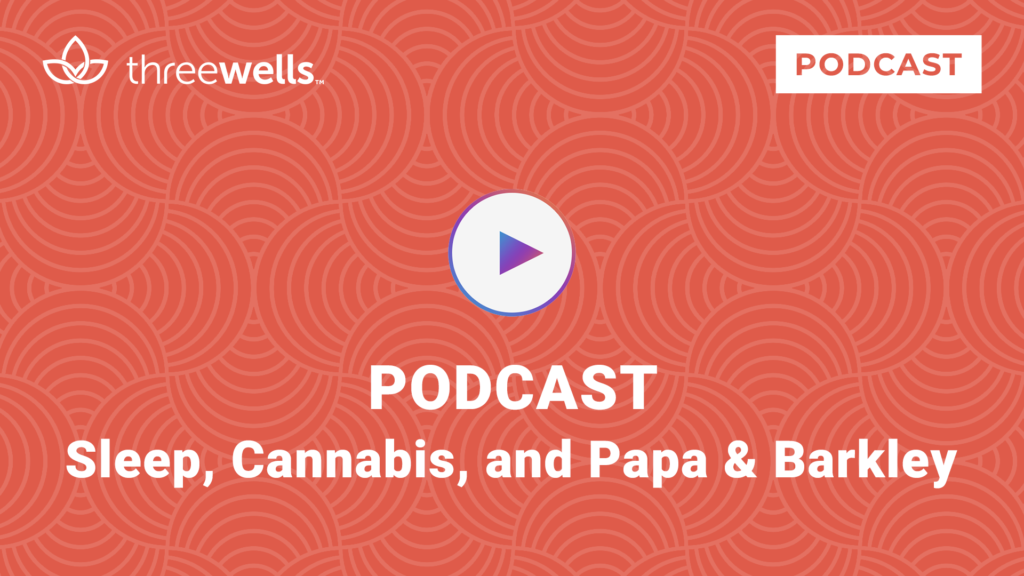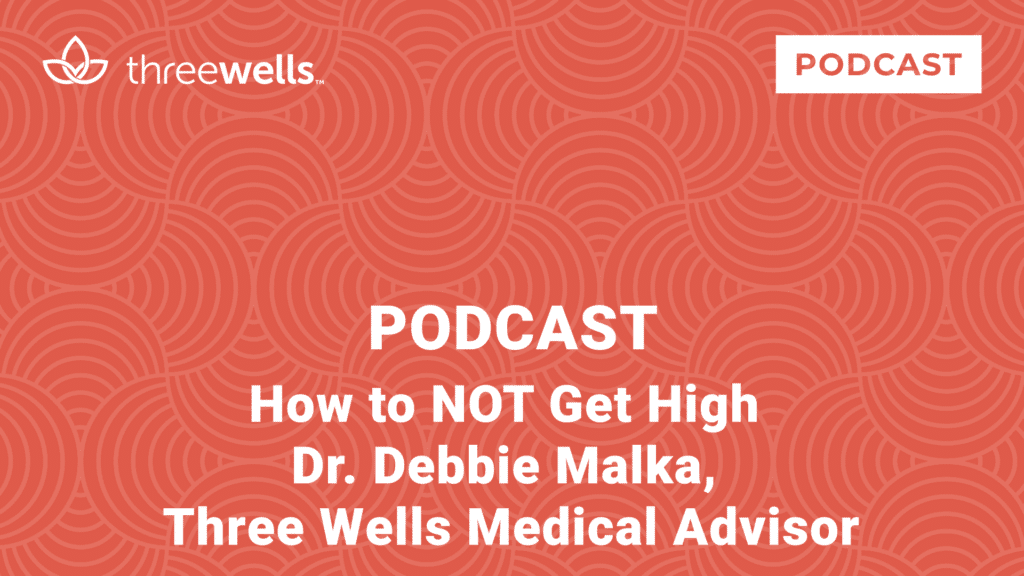Concerned About Using Cannabis?
Sure, some people are a bit reluctant to use cannabis, in part because of the stigma. That isn’t helped by the fact the US federal government continues to classify cannabis (marijuana) as a Schedule 1 drug, the same as cocaine or heroin, thus deepening the negative image of the plant. This, despite the fact that a majority of Americans believe cannabis offers important medicinal benefits[1]. Thirty states now have some form of medical marijuana legislation on the books, plus an additional 15 states with limited access marijuana product laws (low THC/high CBD). That leaves ONLY 5 STATES that remain non-supportive of the plant in some form. The winds are beginning to shift as more and more people in the US and around the world learn about the various health benefits that cannabis can offer. So to help alleviate some of the concerns, let’s run through some of the major questions people have about the substance.
Addictive?
Are some people unable to put down the pipe? Possibly. But the facts about cannabis dependence shows it’s not exactly black or white. For example, medical marijuana with higher levels of CBDs has been declared by the World Health Organization as showing “no abuse or dependence potential.”[2] That said, while there is little likelihood of physiologic addiction to this medicinal plant, there is a debate about the possible psychological dependence on THC dominant marijuana, which causes the psychoactive effects. Keep in mind that it’s possible to become dependent on any medication, such as antidepressants or even blood pressure pills. When you stop taking the medicine and the intended effects stop, you will feel the “termination” effects and possibly a short-lived withdrawal syndrome. The symptoms of this kind of dependency are often hard to identify or are complicated by other psychological factors.[3] As with most things, moderation is the key and staying informed is always a good idea.
Side Effects?
They say laughter is the only medicine with no side effects. When it comes to cannabis, like any drug, it’s unique to each person and can vary based on any number of factors – from the particular strain and dosage to your body chemistry. The most significant differences are seen in cannabis that is rich in THC versus strains that are CBD dominant. Marijuana that’s rich in THC has a psychoactive (high) effect, while those with higher CBD usually do not.
Effects of marijuana with high levels of CBD include:
- Change in mood and sensitivity
- Dry mouth
- Difficulty with sleep
- Loose stools
Effects of marijuana with a higher level of THC include:
- Change in mood and sensitivity
- Dry mouth
- Nervousness
- Heart palpitations/racing heart beat
- Dizziness
- Difficulty in completing complex tasks
- Problem with short-term memory/confusion
- Hunger
- Impairment of motor skills: reaction time and physical coordination
Clearly, THC-rich marijuana has more significant side effects. And while some of these effects can be unpleasant to those who are unfamiliar with the plant, these psychoactive effects are the reason some people enjoy using it. Is euphoria necessarily a negative effect? But if it’s not something you would enjoy, there are newer strains of cannabis developed to remove the “high” effects.
Long-Term Effects?
Some folks ask if using marijuana will make you fat. Others question if long-term use kills brain cells or lowers your IQ. Or if it can interfere with prescription medication. Again the answer to these concerns depends mostly on if you are using THC or CBD dominant cannabis.
Weight Gain
“Will it make me fat?” Well, not necessarily. With CBD-rich marijuana, there is no increase in appetite. In other words, you don’t get the “munchies.” So there’s no reason to think it’d cause you to put on the pounds. On the other hand, THC strains definitely can make you hungrier. In fact, people with serious illnesses use cannabis because they need to increase their appetite. And there is evidence that shows the more often people use it, the more weight they gain. But this also depends on other factors, like a person’s gender and other habits.[4] That said other studies show that people who regularly use marijuana are less likely to be obese than those who don’t.[5] So it’s fair to say the jury is still out on the issue.
Kill Brain Cells
We’ve all heard jokes about stoners who’ve lost their cognitive abilities due to decades of toking up. Turns out, it’s not all that true. Anyone who abuses a drug, like alcohol or more powerful drugs, can have problems. But over the long term, cannabis does not lower IQ or cause other cognitive problems.[6] In fact, there’s evidence that suggests that cannabis may alleviate the long-term effects of chronic stress on memory and brain function.[7] And marijuana may even have an increasingly positive cognitive affect the older we get.[8]
Interference with Prescription Drugs
Yes, as with other herbal medicines, cannabis can interact with some prescriptions you’re taking. In some cases, it can limit the effectiveness of pharmaceuticals, while in others it may actually increase a drug’s potency.[9] As with all medication, it’s important to check with your doctor about using cannabis. That being said, it’s becoming increasingly clear that cannabis may be a safer and more effective alternative to many prescription drugs. Over the last 45 years, cannabis has been shown to offer very real therapeutic benefits, but these still need to be confirmed in clinical trials.[10]



